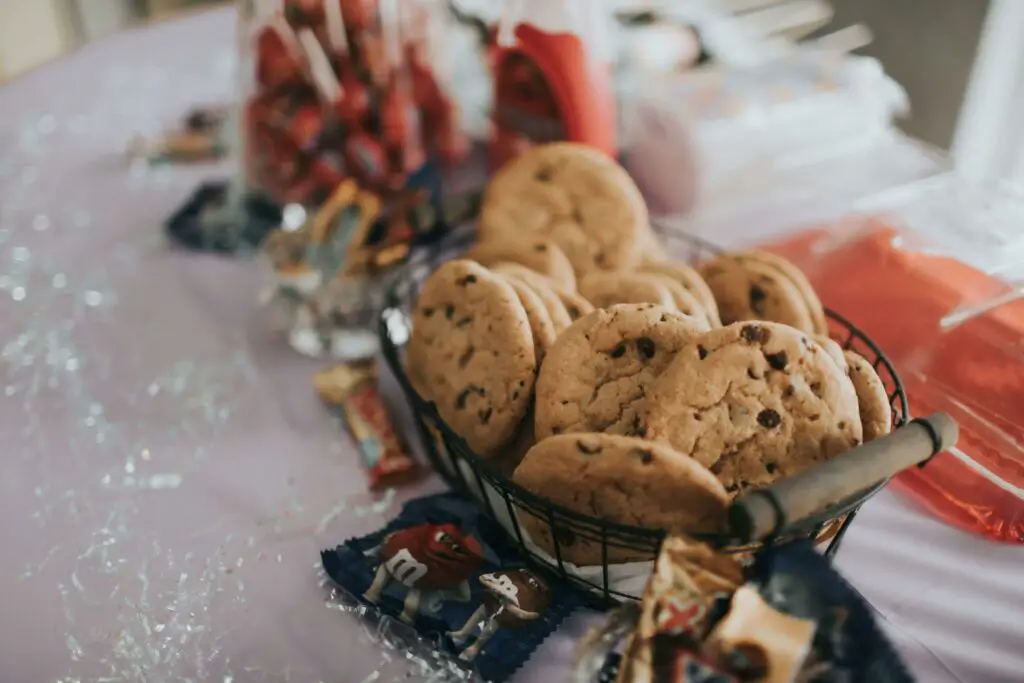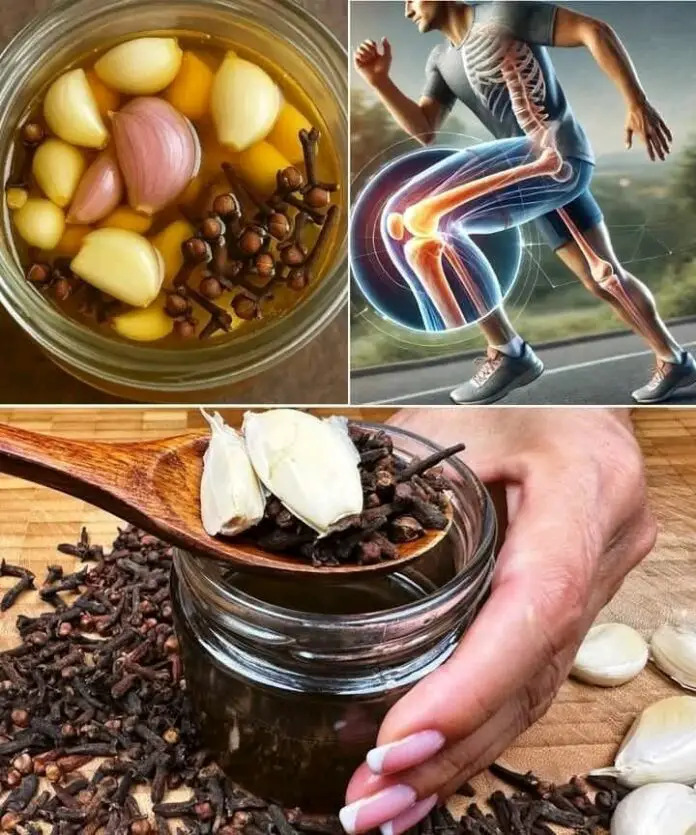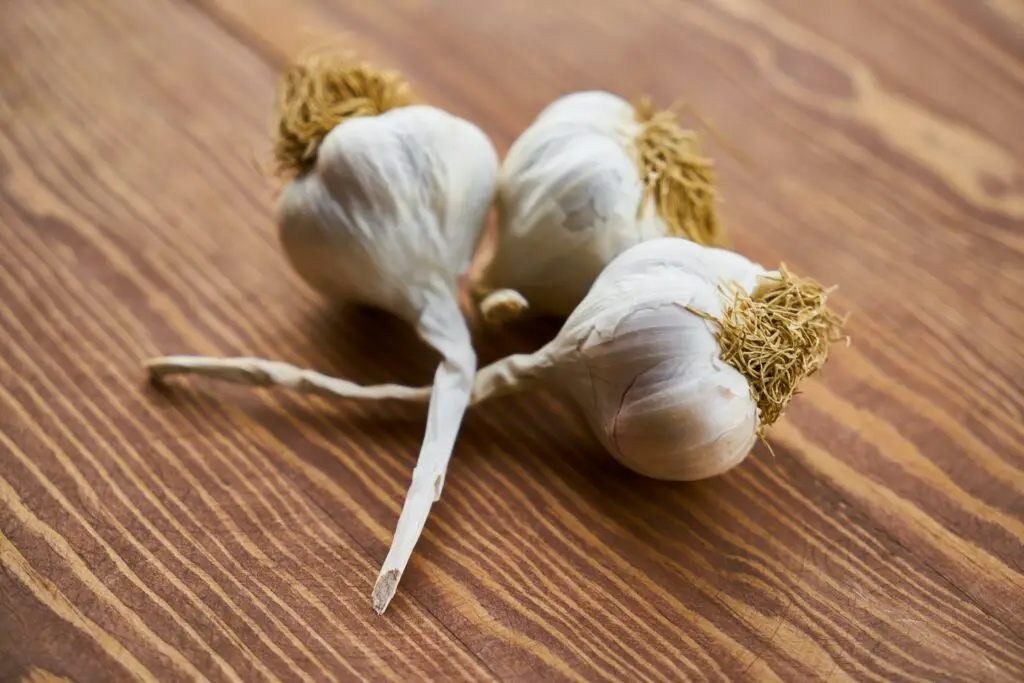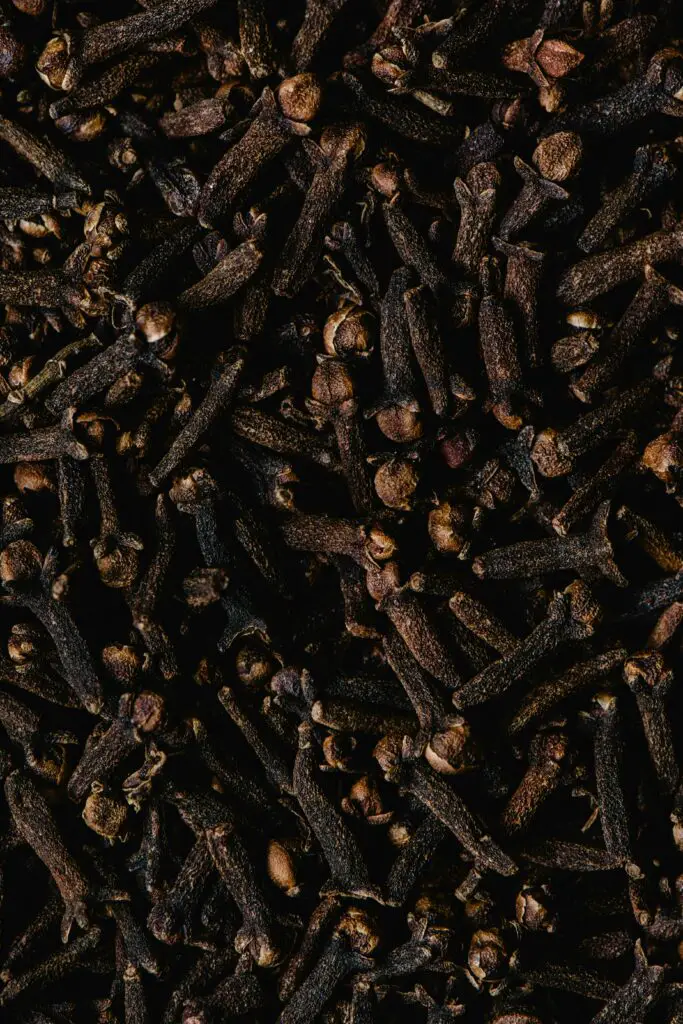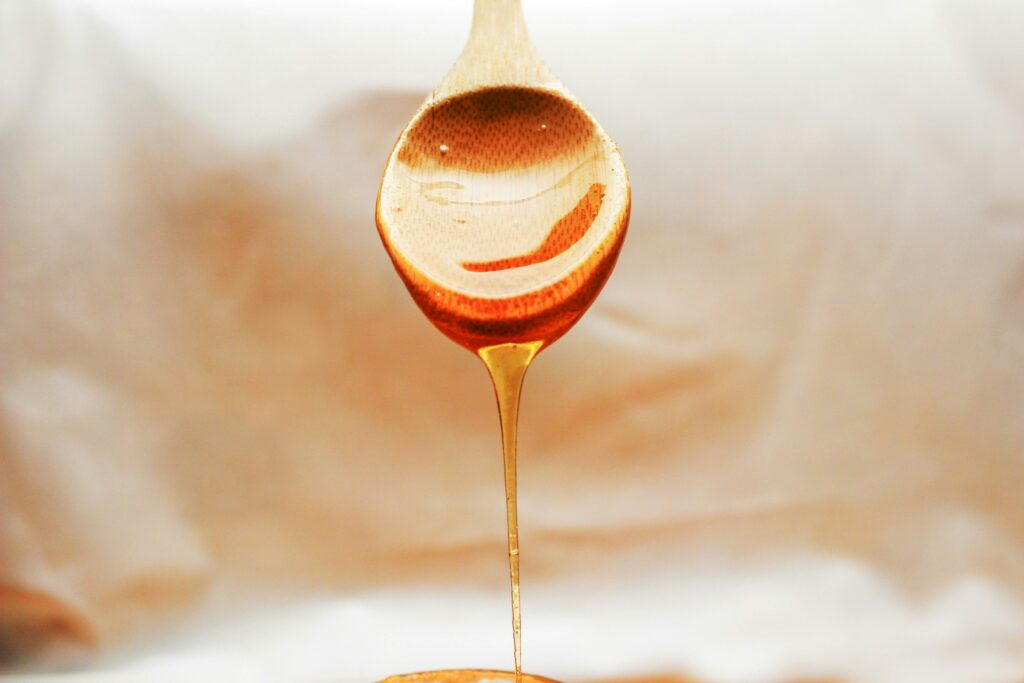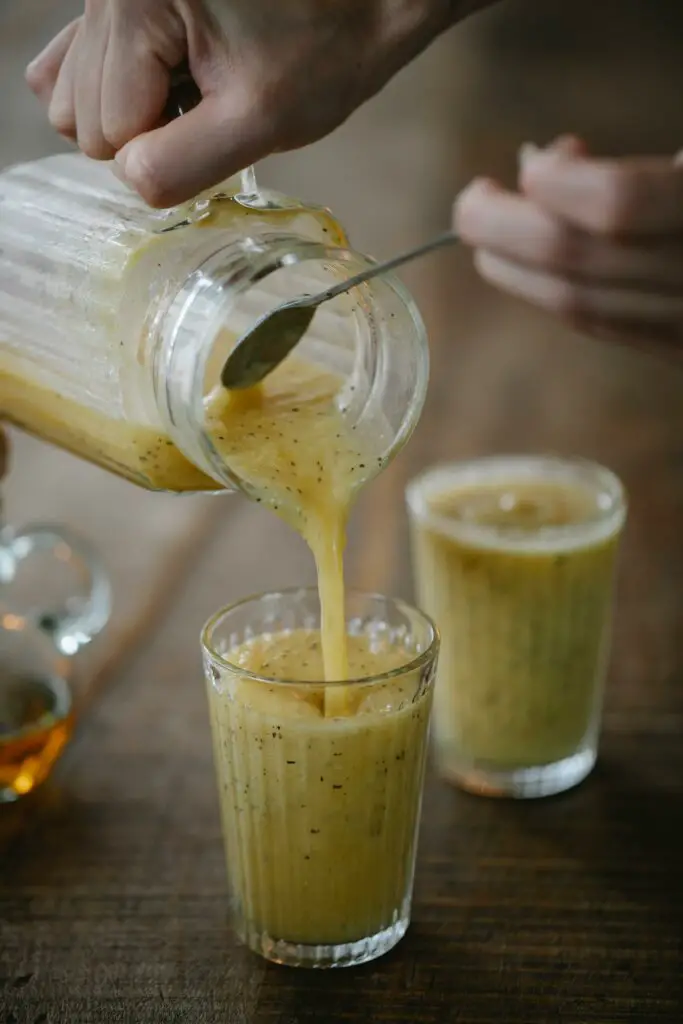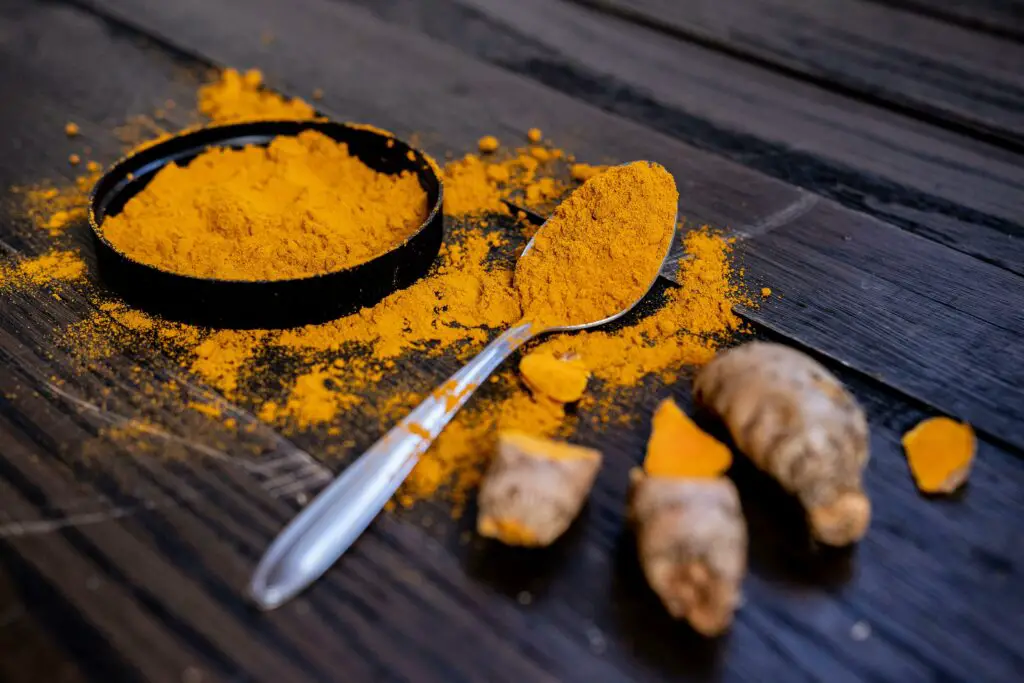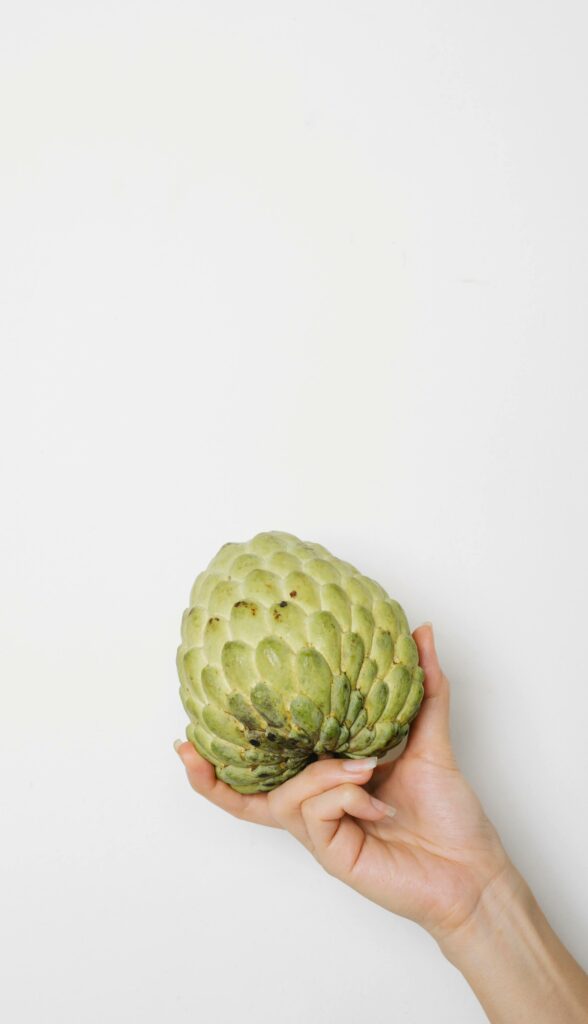I’ve always thought of myself as of a trusting parent. I almost never snoop or hover, and I like to think my daughter knows that. But sometimes, trust can be tested, like on that Sunday afternoon when I could hear laughter and whispers coming from behind her closed bedroom door.
My daughter is fourteen and her boyfriend is the same age. He is a polite, gentle, and surprisingly respectful for a teenager. He always says hello when he arrives, takes off his shoes at the door, and thanks me when he leaves. Every Sunday, he comes over, and they spend hours in her room. I tell myself they’re just hanging out, but when the laughter gets softer and the door stays closed a little too long, my imagination starts going wild, if you know what I mean.
That afternoon, I tried to ignore it and just told myself to stay calm and respect her space like I always do. But then curiosity whispered, What if? What if something’s going on? What if I’m being naive? Before I knew it, I caught myself tiptoeing down the hallway. And just as I stood in front of the room, I pushed the door open just a crack.
Soft music was playing in the background, and there they were, cross-legged on the rug, surrounded by notebooks, highlighters, and math problems. She was explaining something, so concentrated that she barely spotted someone entering the room. Her boyfriend was nodding, completely focused on my daughter’s math explanations. The plate of cookies she took to the room was at her desk, untouched.
She looked up and smiled, a little confused. “Mom? Do you need something?”
“Oh, I just wanted to see if you wanted more cookies.”
“We’re good, thanks!” she said, and turned to what she was doing.
I closed the door and leaned against the wall, half embarrassed and half relieved.
It was then that I realized how often parents imagine the worst when the truth is beautifully simple. There was no secret, just two kids helping each other learn.
Please SHARE this article with your family and friends on Facebook.
Bored Daddy
Love and Peace



